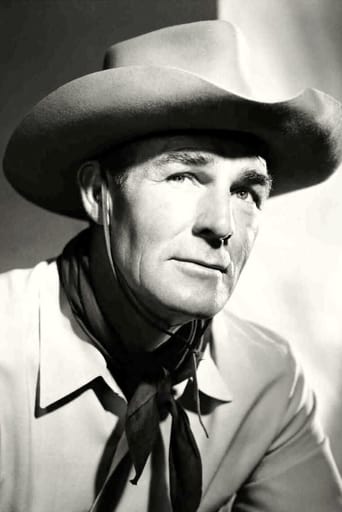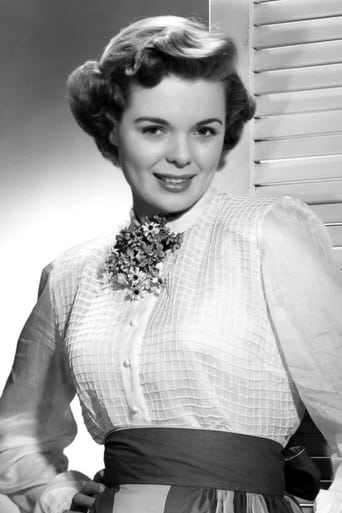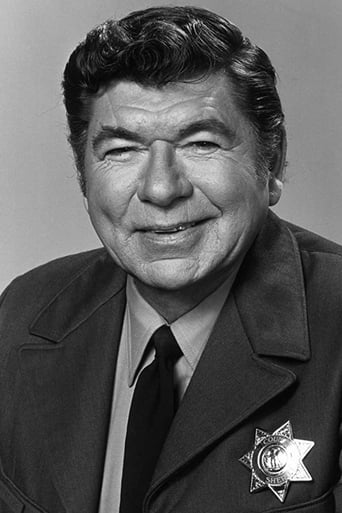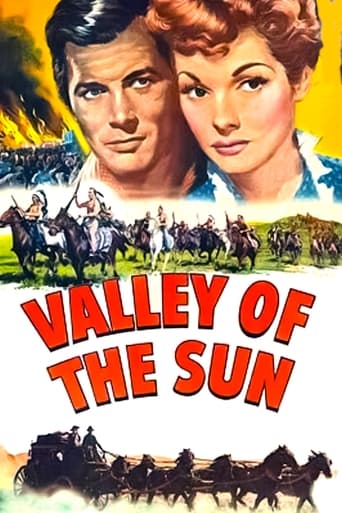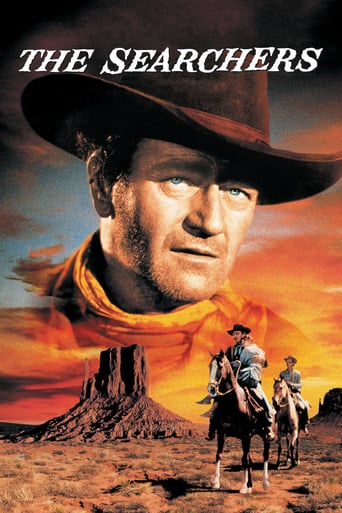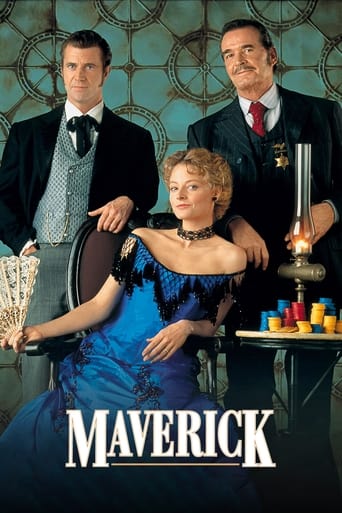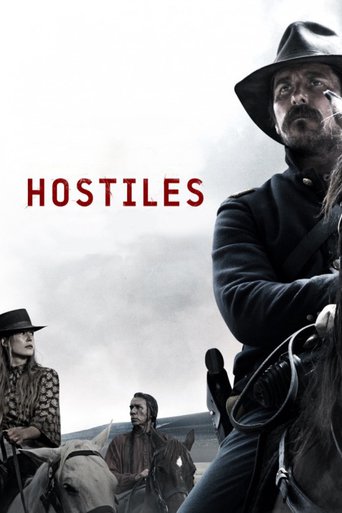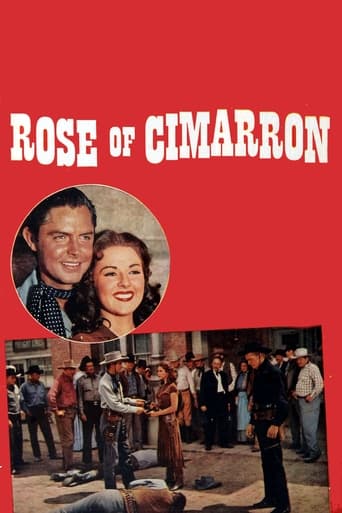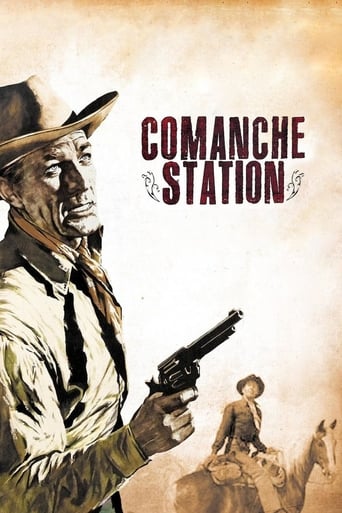
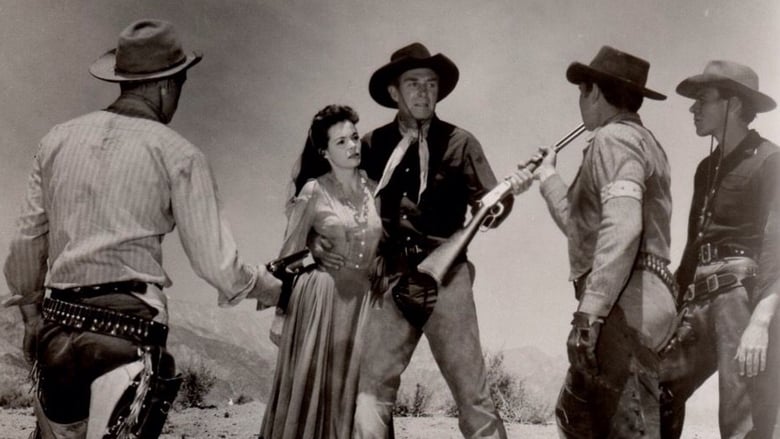
Comanche Station (1960)
A white man trades with the Comanche for the release of a female stranger and the pair cross paths with three outlaws who have their eyes on the handsome reward for bringing her home and Comanche on the warpath.
Watch Trailer
Cast
Similar titles
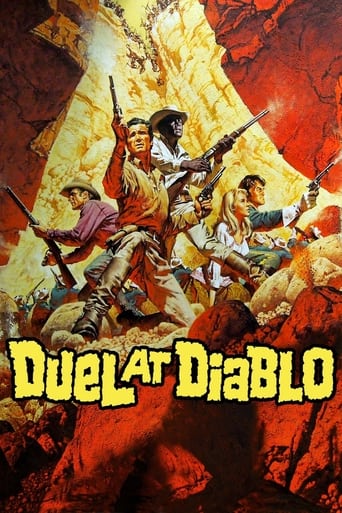
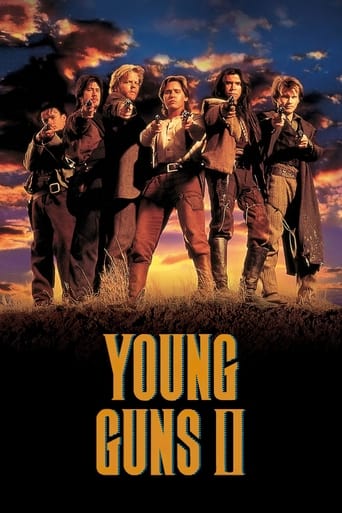
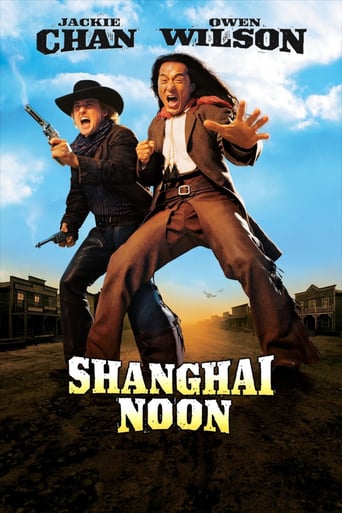
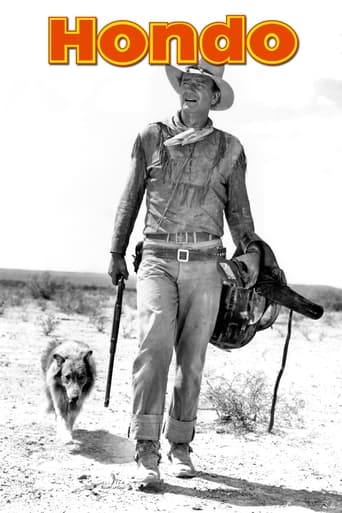
Reviews
A Disappointing Continuation
I cannot think of one single thing that I would change about this film. The acting is incomparable, the directing deft, and the writing poignantly brilliant.
There are moments in this movie where the great movie it could've been peek out... They're fleeting, here, but they're worth savoring, and they happen often enough to make it worth your while.
The story, direction, characters, and writing/dialogue is akin to taking a tranquilizer shot to the neck, but everything else was so well done.
While the western genre is not my favourite one of all film genres (not sure which one is my favourite due to trying to appreciate them all the same), there is a lot of appreciation for it by me. There are a lot of very good to great films, with the best work of John Ford being notable examples. 'Comanche Station' is the final collaboration of the seven films director Budd Boetticher and lead actor Randolph Scott did together in the late 50s. By all means 'Comanche Station' is not their best pairing (perhaps towards the lesser end, which is not a knock as this merely means it's only because the best of them are so great), but one can totally see the appeal of their collaborations and both Boetticher and Scott are well served, the film being a good representation of both. It is a very good note to go out on and of their films it is perhaps the most overlooked. Which is a shame because it's a very good film with many excellent elements.By all means not perfect. Nancy Gates is rather bland in a role that is rather underwritten. The film loses momentum on occasions.However, Scott is as stoic and charismatic as ever with an appealingly craggy edge, being both likeable and tough. Every bit as good is a truly menacing Claude Akins, relishing his quite meaty villainous character. The two work very effectively together and their final confrontation is one of 'Comanche Station's' high points. Boetticher's direction is efficient and lean.A big shout has to go to the production values. While there is grandeur and atmosphere to the settings it's the photography that's the star, especially in the unforgettable wordless opening sequence, one of my favourite openings of Boetticher's/Scott's films together. The music is rousing yet never intrusive and the more eventful parts blister.There is thankfully no fat or ramble to the thought-probing, tight and sharply focused script and the storytelling is brutally bleak and movingly elegiac, mostly nicely paced too. 'Comanche Station' may not have the same depth of characterisation as other Boetticher/Scott outings or character complexity, but the two lead characters are interesting and the character interaction is a major plus point numerous times. Notably with Scott and Akins in their final confrontation, which positively blisters.On the whole, very good. 8/10 Bethany Cox
Could have rightly been titled "Ride Lonesome, Again", as in the first and last scenes, Scott is leisurely riding alone through a rocky wilderness, in this last teaming with Bud Beotticher. As in the previous "Ride Lonesome", Randy eventually finds himself traveling with a young married woman and 3 other men of dubious character. Again, there are several dramatic hostile encounters with Native Americans(NAs) : Comanches with 'mohawks' in this case!! This time, it's the woman who has a reward($5000.) for her return(dead or alive!!), rather than a man, as in "Ride Lonesome". In both films, Scott's character is not interested in the bounty, but at least one of his traveling companions wants monetary or legal reward for the return of this person, and plans to kill Scott's character for that. I find the claimed 'dead or alive' condition for the reward payment totally bizarre, especially when we discover that her husband is blind!! As in the previous "Westbound", the member of the gang of villains who eventually refuses to toe the line with the arch villain winds up dead: a tragic component of the story. Thus, they differ from "Ride Lonesome" and the non-Boetticher Scott-starring "Ride the High Country" and "The Nevadan", where a young man with a dubious past is spared, with hope for reform.Based on historical information, the obsessive search by Cody(Scott) for his wife stolen long ago, is almost certainly futile. As dramatized in "The Searchers", the usual fate of older teen girls and women captured by plains NAs was rape, followed by death, often followed by dismemberment. Very occasionally, they might instead be kept for barter, serving as a slave(sex and otherwise) in the meanwhile. Both of the female captives in this yarn fall into this category, as do one of the female captives rescued by stealth or barter in two other westerns I am familiar with: the previous "The Charge at Feather River" and Ford's "Two Rode Together". In both these other films, the woman, unmarried when captured, expressed considerable anxiety in rejoining European society, as 'damaged goods', for their lengthy time as and consorting with NAs. In this film, the rescued woman(Mrs. Lowe) expresses similar anxiety with regard to her husband.Of course, some comparisons with "The Searchers" are in order. Cody comes across as much saner than Wayne's Ethan Edwards who, after spending all that time searching for Debbie, wants to shoot her when he learns she doesn't want to leave her adopting tribe and is married to a NA! Of course, Debbie eventually changes her mind somewhat. Historically, this changed attitude was very much the exception for captured children who spent any significant time living with NAs. This fact is well dramatized in the earlier "The Charge at Feather River" and the later "Two Rode Together". In contrast to Wayne's Ethan, Cody tells the woman that it wouldn't matter to him if she had consorted with NA men. This was also true of the main male characters in the other films mentioned. Unfortunately, historically, most long-held repatriated captives never felt comfortable as such, often retaining or wishing for important elements of their lost culture. In the present film, the woman has been with the Comanches for only one month, which makes a big difference!Once again, the action takes place in or near the spectacular Alabama Hills, with the High Sierras often in the background. Supposedly , this represents the country near Lordsburg, in the SW corner of NM: strangely well west of the historical western edge of Comanche territory!. Yes, they should have been Apaches, and not sporting 'mohawks'!("The Searchers" has a rather similar landscape problem).Claude Akins is excellent as Ben: Cody's opposite, who sees all NAs as inconsequential fair game, and who lacks heart, material profit being the only worthwhile goal, like Galt in "The Nevadan". He's talkative and folksy, concealing a sinister plan, contrasting with the taciturn loyal Cody and Mrs. Lowe. We might wonder why Ben rides to Cody's defense when he is attacked alone on a large plain by a small party of Comanches, when Ben is planning to kill Cody soon? I suspect Ben was worried that the Comanches would kill Cody, then turn on the others. Together with Cody, they stood a much better chance of beating them off.The film intersperses periods of rather boring leisurely riding with periods of exciting lethal confrontations and periods of heart-felt conversations. Ben's two young companions: Frank and Dobie, come across as 2 lost souls, who joined Ben only because they didn't think they had any other viable choices. Their periodic conversations tend to be boring, and neither survives to the final frame...There is minimal humor, with a resisted emergency bath in a horse watering trough by Mrs. Lowe near the top.... Cody's and Mrs. Lowes's big secrets aren't revealed until rather late in the film.As usual, the lead woman wants Scott's character to continue to show up periodically in her life, but he politely rides off into the sunset as a perpetual wandering soul, still tortured by the distant loss of his cherished wife.
Story details by other reviewers of Commanche Station are well written; I would like to look at details of this side-lined Western.To fully understand the nature of Randolph Scott Westerns you have to think the 1950's; I can because I was there, watching every ' cowboy film ' that came out. Westerns then were part of a boys everyday life. I remember at the age of 8-10 riding around my home town on an imaginary horse; we even formed imaginary posses!.....and Westerns were being shown at local cinemas every week.Randolph Scott played other parts in his long career but achieved a curious fame as a man-of-few-words cowboy. What was it that drew audiences to him despite his limited acting ability?It is simply this. He was tall and lean, epitomising the rangy, half-starved loner who is doomed, like the Flying Dutchmen to roam the western badlands fruitlessly. He was stoic, thin- lipped, stern-looking, brooding, with sad eyes, forever looking to the next horizon, as he does in this film. If you look into Scott's face there's faint suggestion of longing, a faint wistfulness, hidden by a determined effort to hide any weakness. It's a face that no other western hero has, making Scott a magnet on screen......in the light of this,his acting ability was not in question.Comanche Station also has a surprisingly good performance from Claude Akins; in fact, stealing a few scenes from Scott. He epitomized malevolency and cold cunning, but smiled easily, perversely emphasising points he made in the character. One long observation his character made concerning Nancy's return to her husband was loaded with cynicism and spite....perfect.In the action scenes he showed himself also to be a fine horseman.....if that really was him firing a rifle on horseback!Nancy Gates cruised thru her role with little impact; but what western girl didn't?......in the hard, troubled world of the 1950's clearly defined male cowboy, there was little room for strong females.Commanche Station is a great Western because of it's love affair with the very nature of the genre; tall enigmatic men, the outback, the wide open spaces, the tumbled rocks that threaten to hide hoards of Indians, and the ever-present but unloved horses, surely the most unsung animal of all time.You'll remember this film because of these things; but mostly because here, encapsulated in 70 minutes, are all of the elements and nuances that all great westerns have or should have.What more do you want?!
This is the final film that was directed by Budd Boetticher and starring Randolph Scott. Like their previous collaborations, they both work together to produce Westerns that manage to rise above the mediocre norm. In this film, a fairly typical plot idea is executed very well--with a grace and style that make the film well worth seeing.Randolph Scott, as usual, plays a nice but tough guy. He's brave enough to come into a Comanche stronghold in order to negotiate for the release of a White woman kidnapped by the tribe. However, trouble is in store when three drifters come upon Scott and the woman. It seems that the leader of this group (Claude Akins) is a real rogue and plans with his men to kill Scott and the woman. It seems that the woman's husband has offered a reward for her--and it can be collected dead or alive! So what did I like about the film? First, as usual, Randolph Scott is amazing. He plays the perfect cowboy hero--tough, slow to speak and anger but also a decent man through and through. Plus, he's much more believable than the bigger than life characters John Wayne usually played. I loved Wayne's films, but he was always too tough and too in command. Scott is much more like a very capable 'everyman' character. Second, as usual, Boetticher deliberately underplays the action--producing a muted but also quite believable film. Third, the film had a really nice ending--quite the twist.You can't do a lot better than a Scott/Boetticher western. While this isn't their best, it certainly is quite good.
